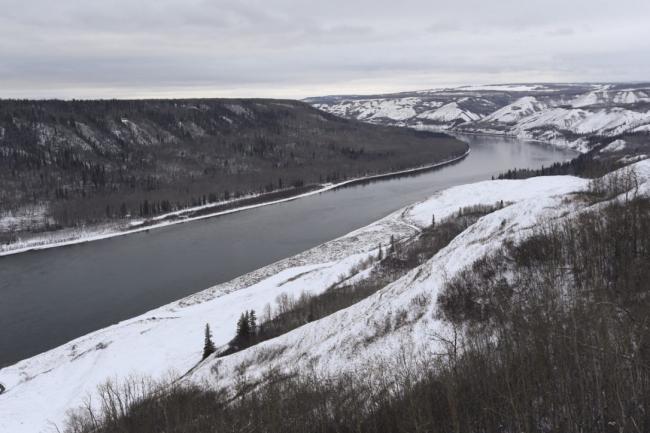Articles Menu

On the occasion of the 9th anniversary of the United Nations Declaration on the Rights of Indigenous Peoples, many are wondering how Canada squares its “unqualified support” for the UN declaration with its decisions to issue permits and approvals for the Site C dam project in northern British Columbia. The UN declaration sets out minimum standards for ensuring Indigenous peoples enjoy their human rights, as peoples and as individuals.
In May, Justice Minister Jody Wilson-Raybould and Indigenous and Northern Affairs Minister Carolyn Bennett travelled to New York to the UN Permanent Forum on Indigenous Issues to express Canada’s unqualified support for the declaration. This move was in keeping with Canada’s efforts to be a human rights leader and its commitments to implement the Calls to Action of the Truth and Reconciliation Commission. Under the previous government, there had been repeated efforts to undermine the declaration’s application in Canada.
Fast-forward three months to August, when Fisheries and Oceans Canada granted permits that will allow construction to begin on the Site C dam, despite the ongoing protest, including a court battle, waged by Prophet River and West Moberly First Nations of British Columbia.
The Site C project will build a dam and a hydroelectric generating station by flooding 57,000 acres in the Peace River Valley, including farm land and sacred burial grounds and First Nations Treaty 8 traditional territory, to create an 83-kilometre reservoir. It would wipe out some of the last, nearly pristine ecosystems in the region and seriously infringe the Inherent and Treaty rights of the Treaty 8 First Nations most directly affected. These impacts are not in question.
Proceeding with this project without proper consultation and the free, prior and informed consent of First Nations is neither consistent with Canada’s own Constitution nor Canada’s human rights obligations under the declaration and elsewhere.
There is an urgent need to work with First Nations to redesign resource regulatory review processes to ensure Canadian law respects and enforces the Crown’s consultation and consent obligations before development decisions are made.
Decision-making by cabinet, or by tribunals, boards, commissions or other agencies, must include meaningful consultation, and respect for the standard of free, prior and informed consent.
The Crown’s practice of relying solely on engagement activities by industry proponents and completing the Crown’s consultation obligations after project decisions are made is wrong-headed and has to end. The practice of forcing First Nations to court because the regulatory system is not designed to consider our rights before decisions are made, has to end.
There has to be meaningful consultation on the potential impacts of development projects on First Nations’ rights.
The Assembly of First Nations has called for legislation to support implementation of the UN declaration in order ensure a lasting commitment to this framework for reconciliation.
If that legislation was in place today, we would have a framework to work toward a consensus where Site C and many other issues of inherent rights, treaty, title and jurisdiction are concerned. Instead, First Nations in the Peace River Valley are facing the loss of their land, their sacred territory and their way of life contrary to the rights protected under Canada’s own constitution.
A few weeks ago in China, the Prime Minister Justin Trudeau spoke of human rights, acknowledging the UN Rapporteur’s criticisms of Canada regarding its treatment of indigenous peoples.
As the prime minister heads to the UN General Assembly later this month, this is an opportune time to again affirm Canada’s unqualified support for the UN declaration in the very chamber where it was adopted in 2007. It is not too late for us to work together and to use the UN declaration as a framework to find a better way.
Perry Bellegarde is the national chief of the Assembly of First Nations, which represents more than 900,000 people living in 634 First Nation communities and in cities and towns across the country.
[Top photo: This area of the Peace River will be flooded when the Site C Hydro electric dam is built. "Proceeding with this project without proper consultation and the free, prior and informed consent of First Nations is neither consistent with Canada’s own Constitution nor Canada’s human rights obligations under the declaration and elsewhere," writes Perry Bellegarde. (RICHARD LAUTENS / TORONTO STAR) ]